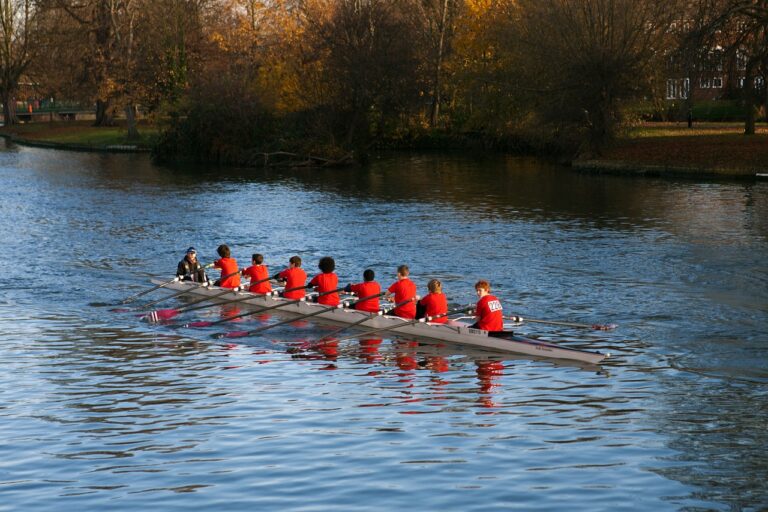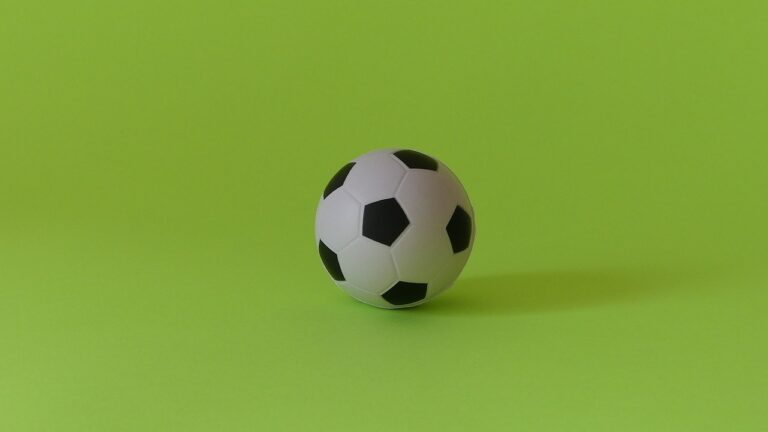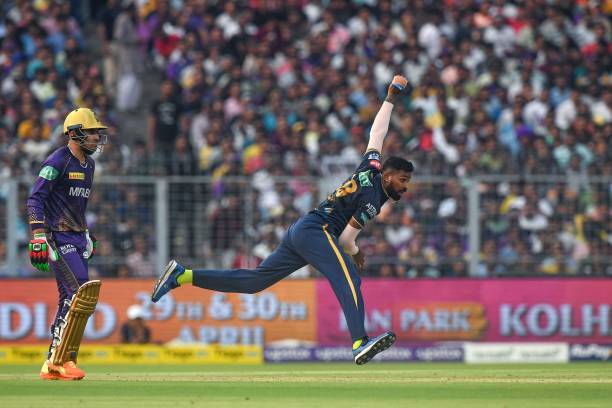Sports Nutrition Myths Debunked: IPL Edition
silverexch.com, goldenexchange, betbook247.com: Sports Nutrition Myths Debunked: IPL Edition
The Indian Premier League (IPL) is one of the most exciting cricket tournaments in the world, with players pushing their bodies to the limit in pursuit of victory. With such high physical demands, it is essential for cricketers to have a solid understanding of sports nutrition to optimize their performance on the field. However, there are many myths and misconceptions surrounding sports nutrition that can lead to confusion among athletes. In this article, we will debunk some of the most common sports nutrition myths related to the IPL.
Myth #1: Carbs are the enemy
One of the most prevalent myths in sports nutrition is that carbohydrates are bad for athletes. In reality, carbohydrates are the primary fuel source for high-intensity activities like cricket. Carbs provide the energy necessary for explosive movements, quick sprints, and sustained performance on the field. Athletes should focus on consuming complex carbohydrates like whole grains, fruits, and vegetables to fuel their bodies effectively.
Myth #2: Protein is all you need
While protein is crucial for muscle repair and growth, it is not the only nutrient athletes need for peak performance. Carbohydrates, fats, vitamins, and minerals are all essential components of a well-rounded sports nutrition plan. Athletes should ensure they are getting a balanced diet that includes a variety of nutrients to support overall health and performance.
Myth #3: Supplements are necessary
Many athletes believe that they need to rely on supplements to meet their nutritional needs. While supplements can be beneficial in certain situations, such as when an athlete has specific deficiencies or dietary restrictions, they are not a replacement for a healthy diet. Most athletes can obtain all the nutrients they need from whole foods, making supplements unnecessary for the average player.
Myth #4: Hydration doesn’t matter
Staying hydrated is crucial for athletes, especially in a high-intensity sport like cricket. Dehydration can lead to decreased performance, fatigue, and increased risk of injury. Athletes should prioritize hydration before, during, and after matches to maintain optimal performance on the field. Water is usually the best choice for hydration, but electrolyte-rich beverages can be beneficial during intense training sessions or matches.
Myth #5: Eating before exercise slows you down
Some athletes avoid eating before exercise or matches out of fear that it will make them feel sluggish. In reality, fueling your body with a balanced meal or snack before physical activity can improve performance and prevent fatigue. Carbohydrates are particularly important before exercise to provide the energy needed for peak performance. Aim to eat a small meal or snack containing carbs and protein 1-2 hours before training or matches.
Myth #6: It’s all about the numbers
While tracking macros and calories can be helpful for some athletes, it is not necessary for everyone. Every athlete is different, and what works for one person may not work for another. Instead of focusing solely on the numbers, athletes should prioritize eating a balanced diet that includes a variety of nutrients to support their individual needs and goals.
FAQs
Q: Can I skip meals to lose weight quickly?
A: Skipping meals is not a sustainable or healthy way to lose weight. Athletes should aim to eat regular, balanced meals to fuel their bodies properly and maintain energy levels throughout the day.
Q: Is it okay to eat junk food occasionally?
A: Enjoying treats in moderation is perfectly fine, but athletes should prioritize eating nutrient-dense foods that support their performance and overall health. Consistency is key when it comes to sports nutrition.
Q: Should I avoid carbs after a certain time of day?
A: Carbohydrates are an essential fuel source for athletes, regardless of the time of day. Focus on consuming a balanced diet that includes carbs, protein, fats, vitamins, and minerals to support your performance and recovery.
In conclusion, debunking sports nutrition myths is essential for athletes looking to optimize their performance on the field. By understanding the truth behind common misconceptions and focusing on a balanced diet, athletes can fuel their bodies effectively and achieve their goals in the IPL and beyond. Prioritizing proper nutrition is essential for success in sports and overall health and well-being.







